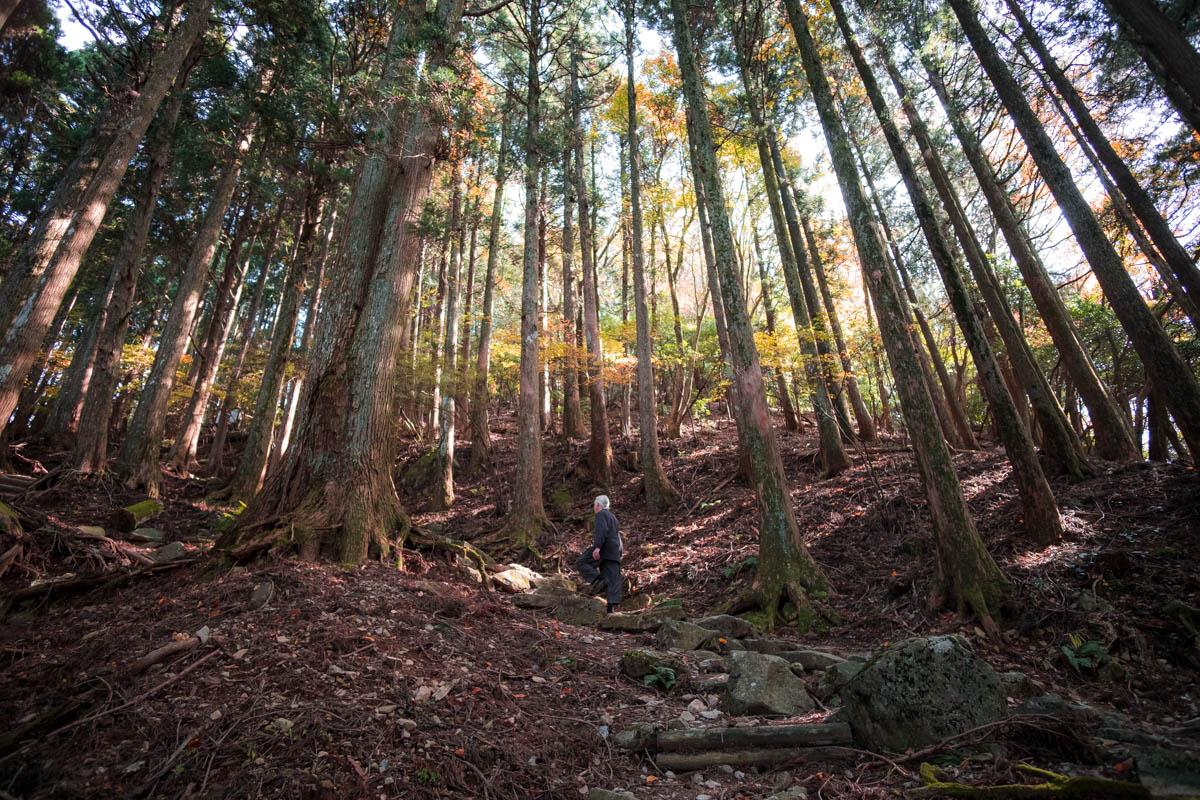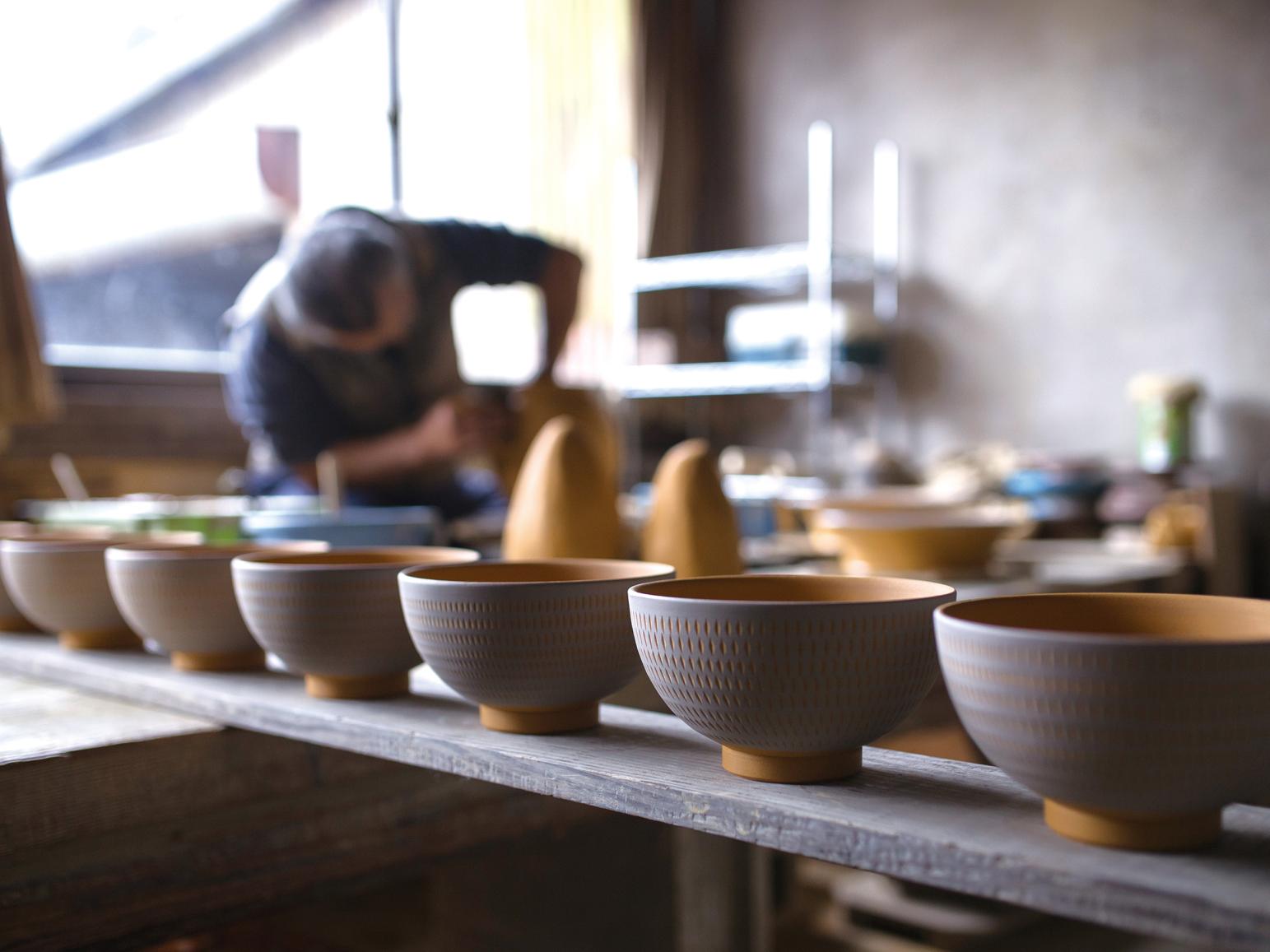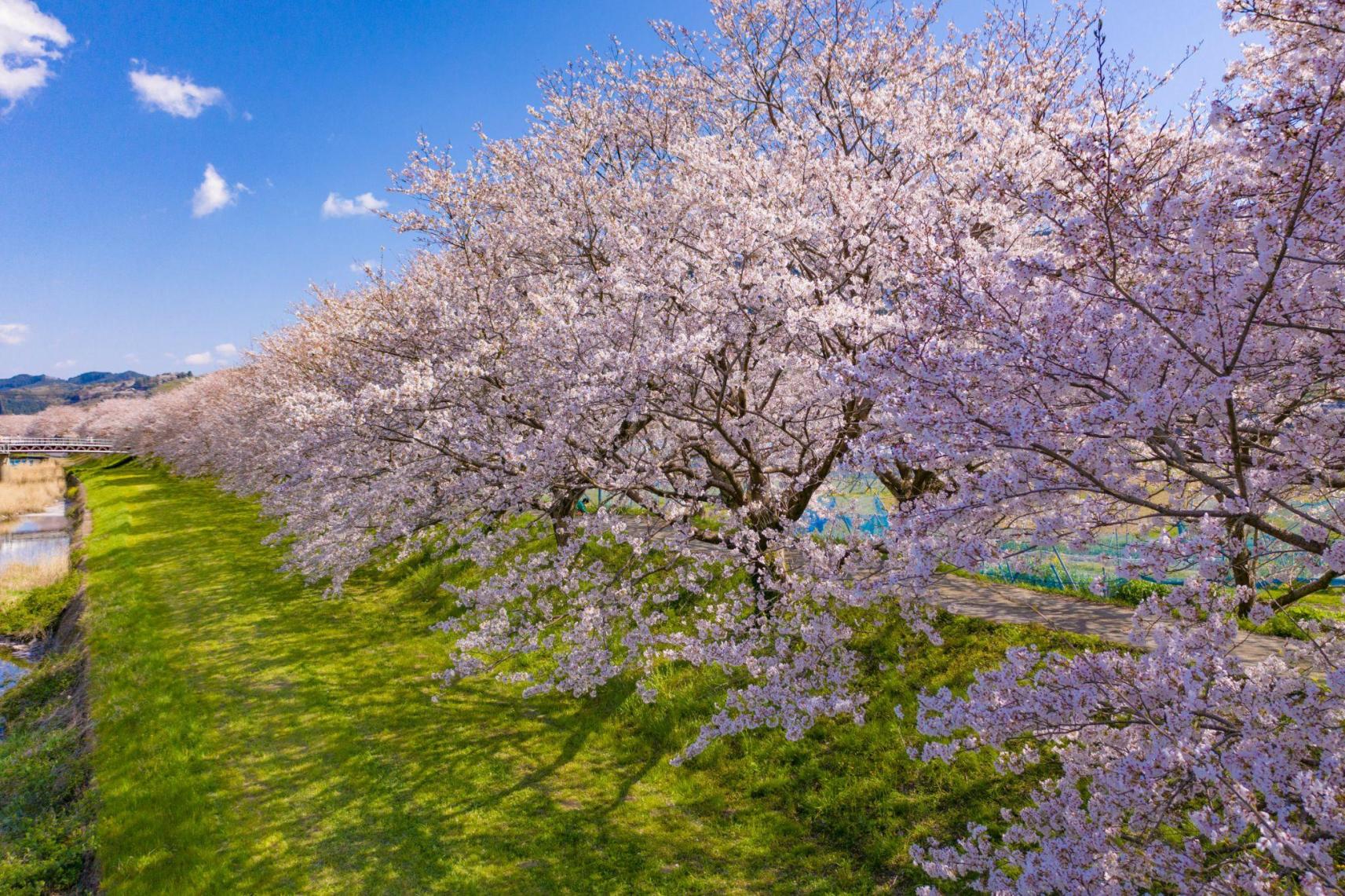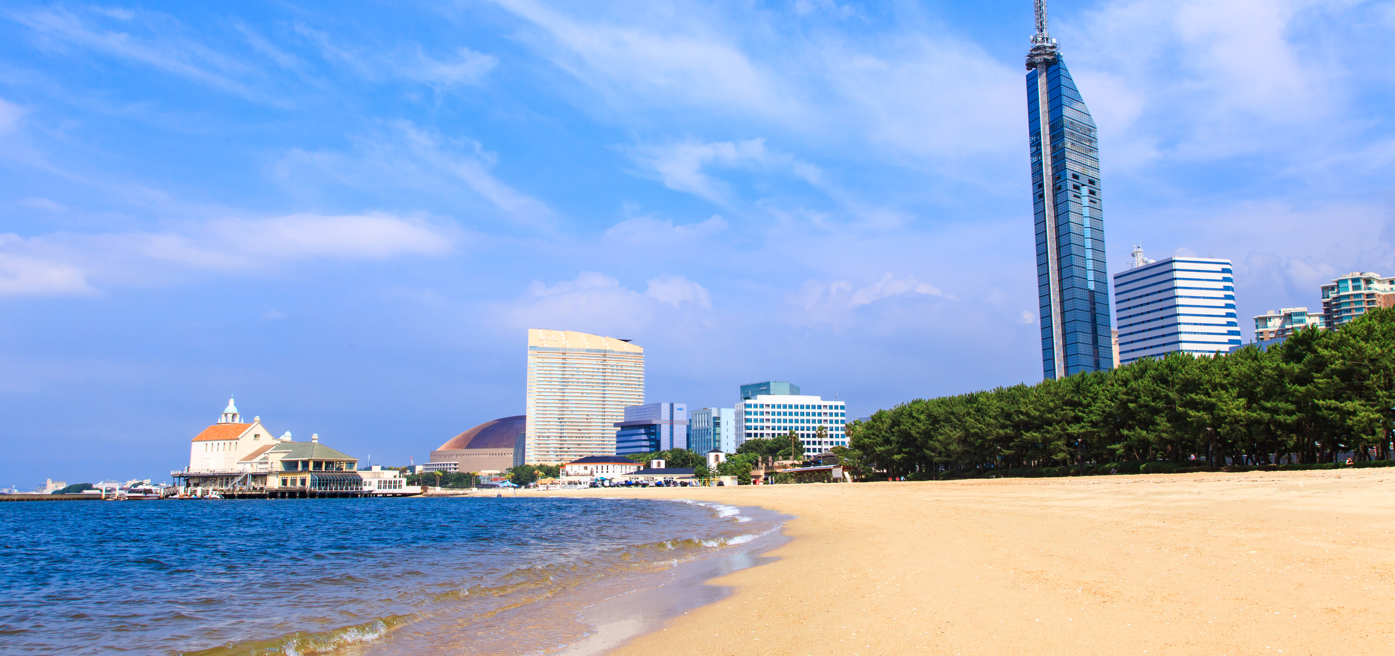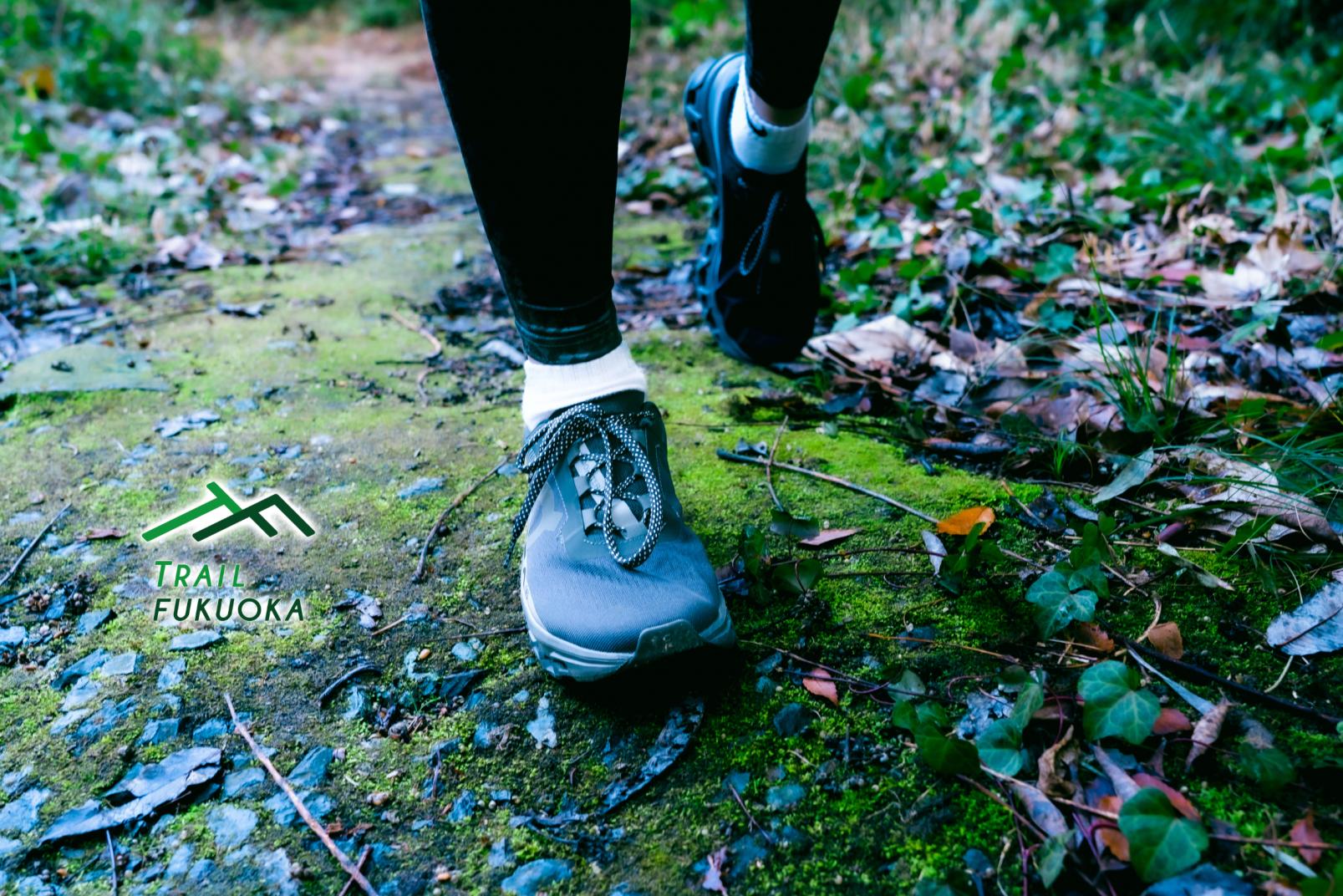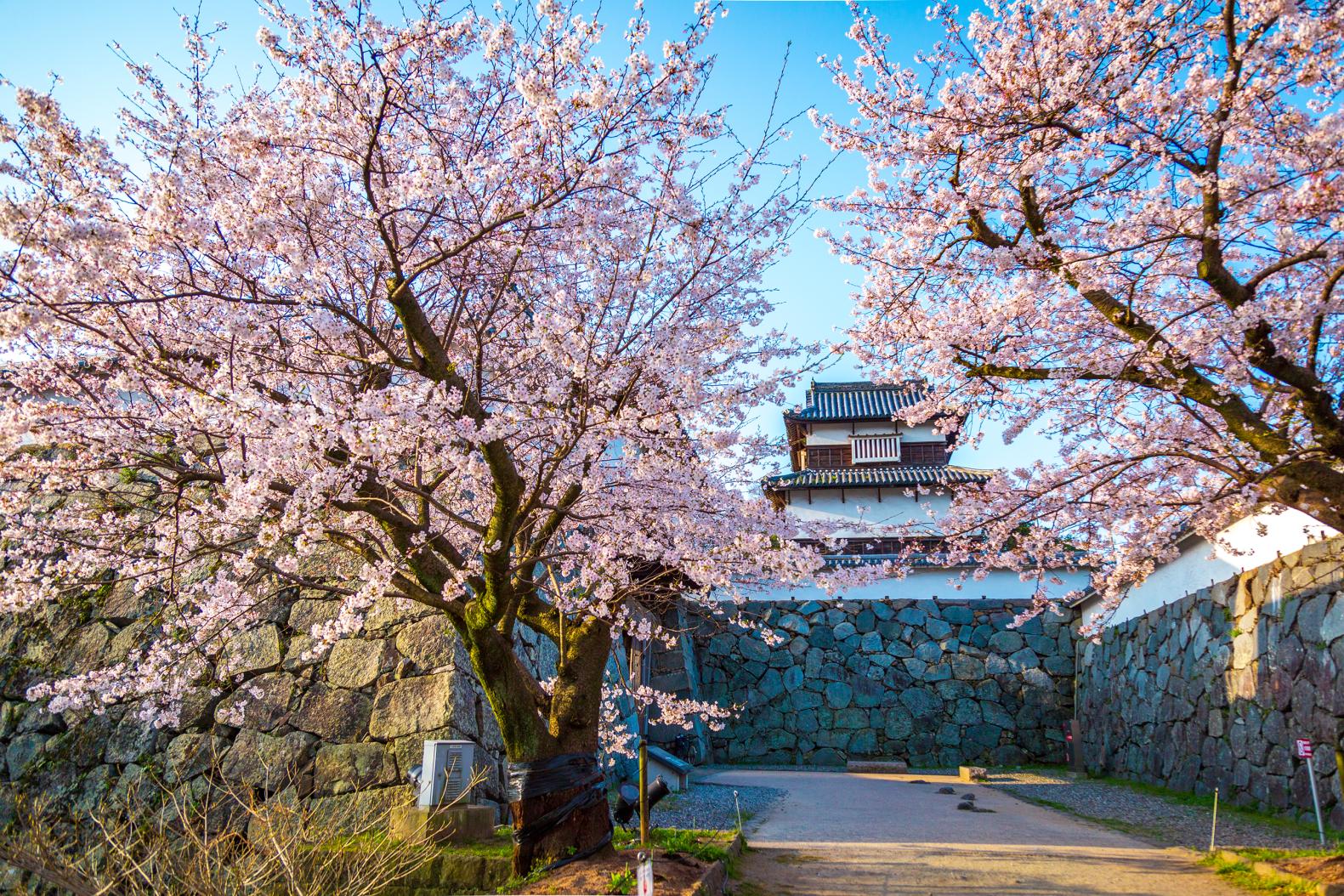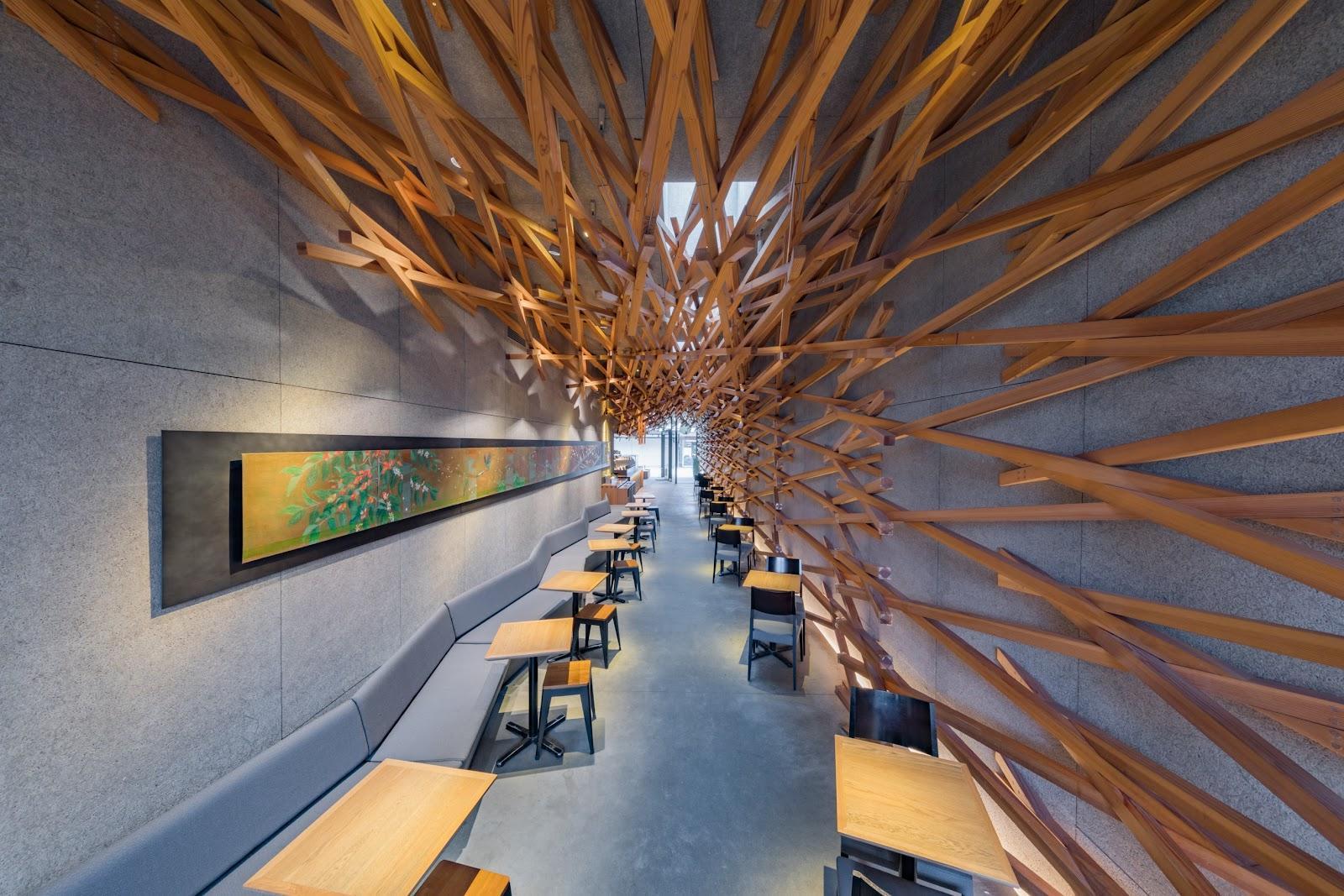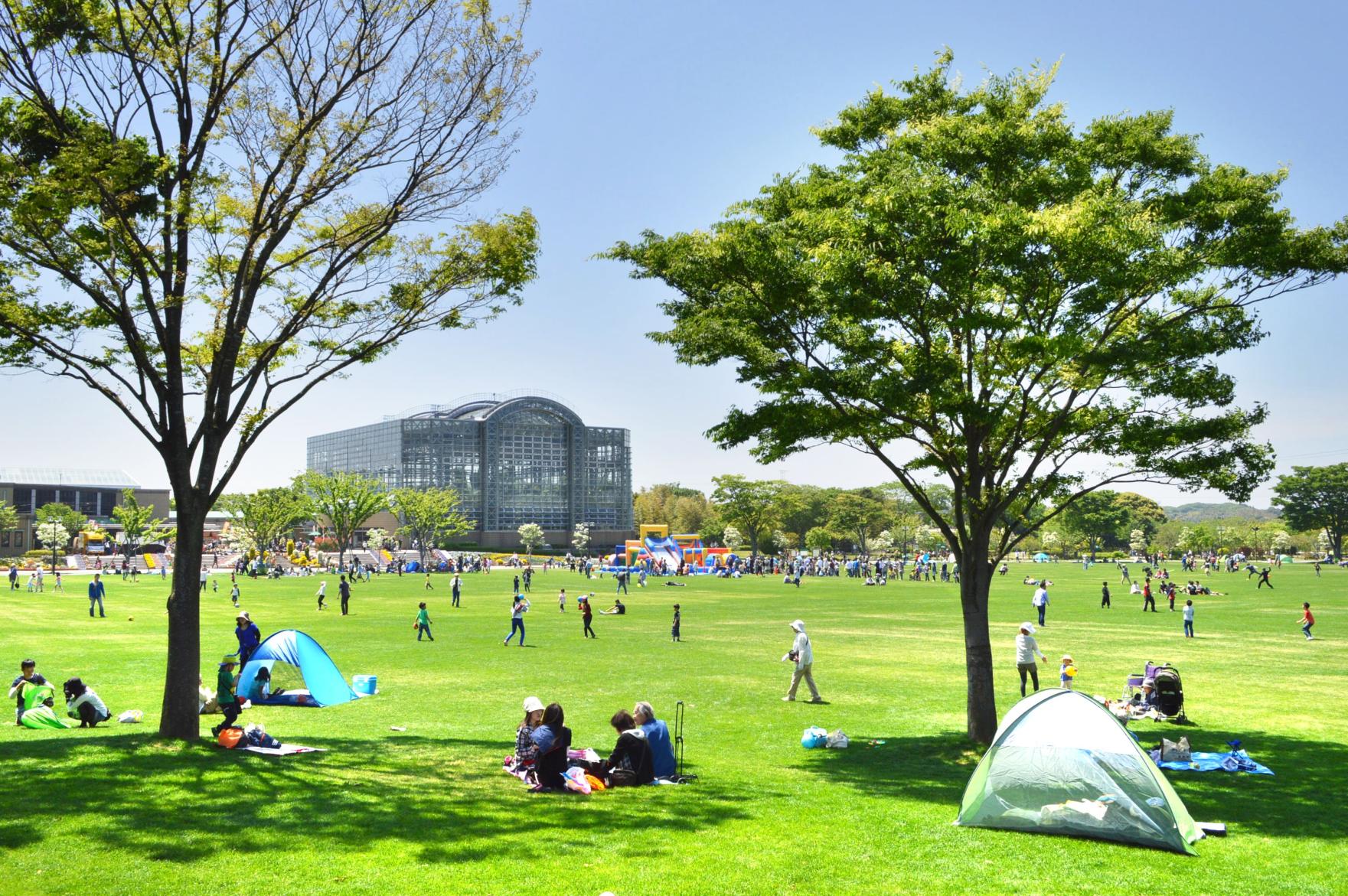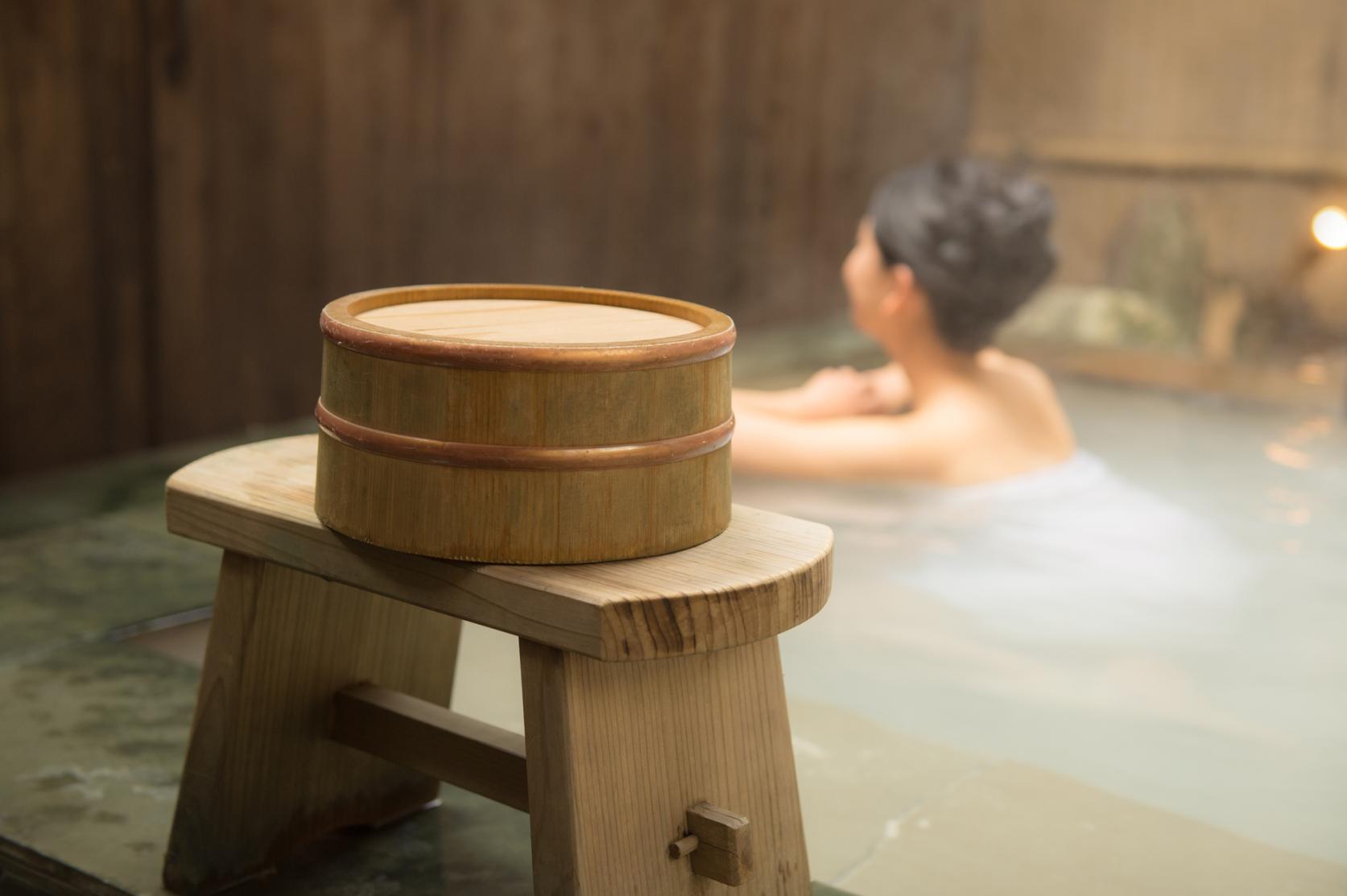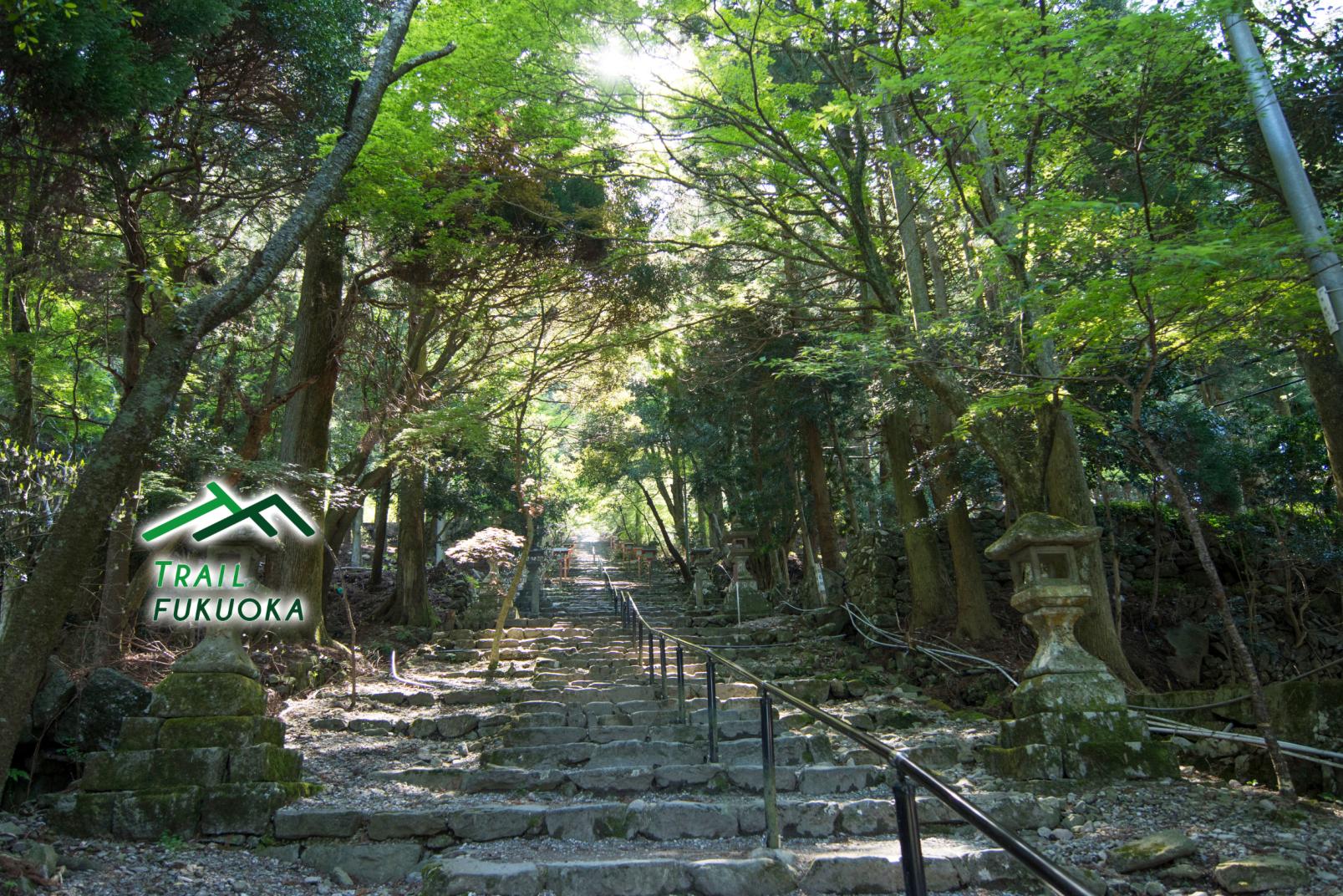
Mt. Hiko
Located on the border of Fukuoka and Oita prefectures and with a height of about 1,200m, Mt. Hiko, along with Mt. Haguro in Dewa and Mt. Omine in Kumano, was one of the three top sacred sites of Shugendo in Japan, and widely worshipped by people throughout Kyushu. At one stage there were reportedly 3,000 disciples and 800 monk's residences on the mountain.
Location data
Hikosan Slope Car
The Slope Car (or monorail) carries walkers from the Copper Torii Gate up to Hikosan Jingu Shrine. Enjoy being whisked above the wilds and flower gardens of Mt. Hiko.
■Amenities
Parking: Yes / Toilets: Yes / Water station: Yes / Camping: No
Sightseeing information
-
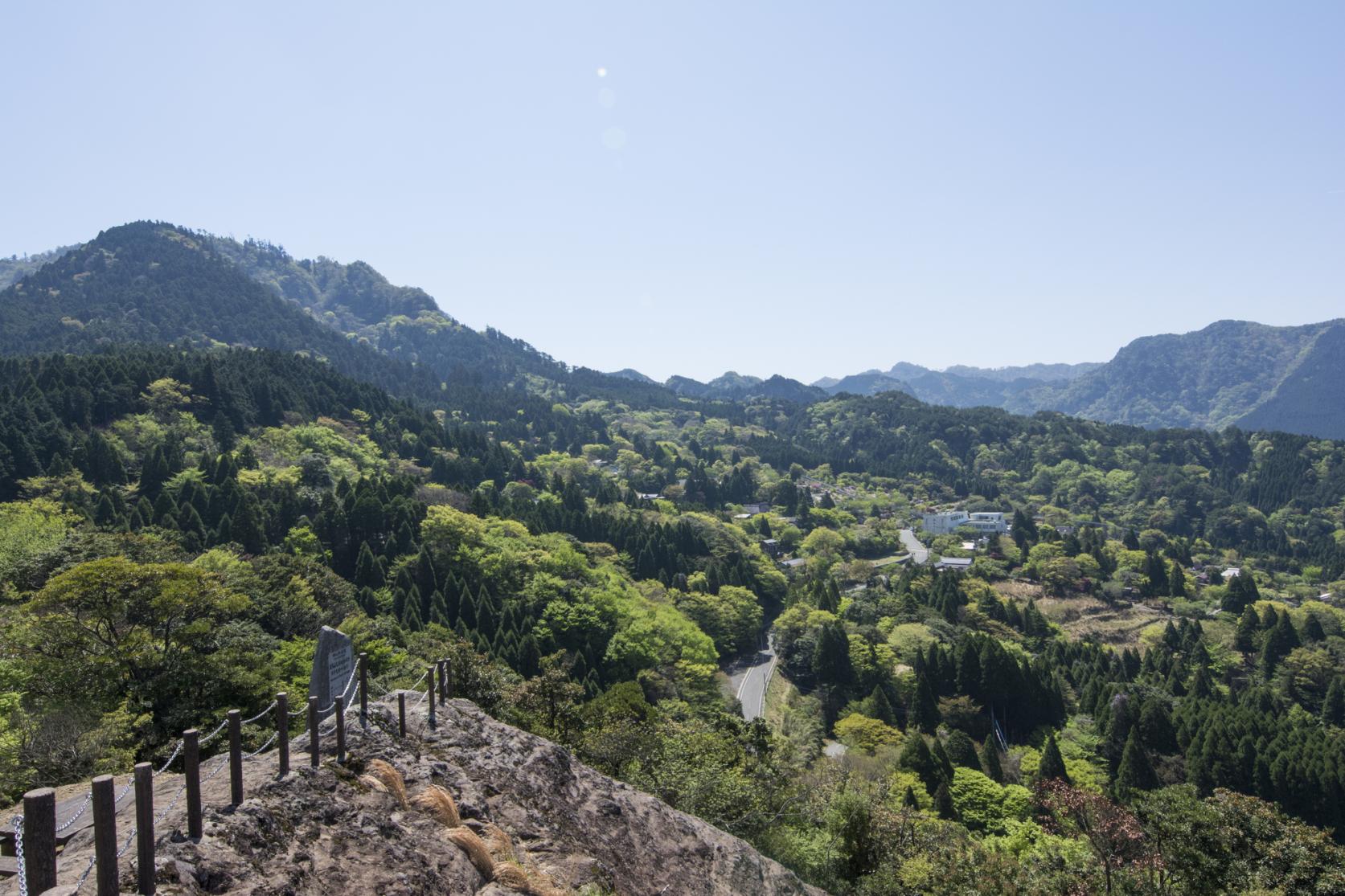
Hanami-ga-iwa
View moreA small hill made of solid rock, this is the best viewing spot to see the whole of Mt. Hiko. It is two minutes' walk from the nearby parking lot, so drop by on your next visit to Mt. Hiko.
-
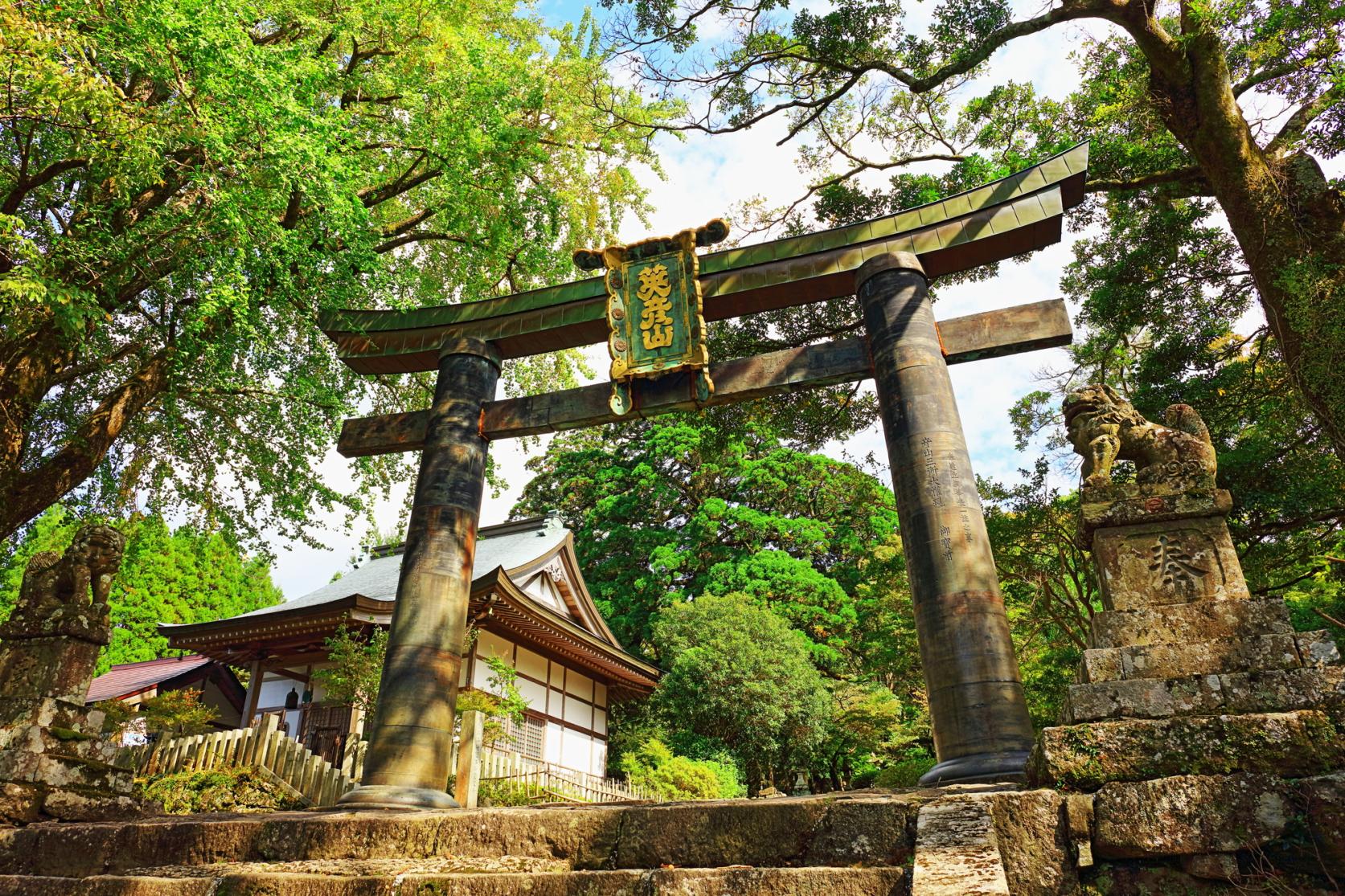
Copper Torii Gate
This is a copper torii gate built in 1637. It is a thick torii gate with a height of 7m and a pillar circumference of over 3m, and a nationally-designated Important Cultural Property. Many tourists visit in autumn to admire the beautiful foliage in the area around the torii.
-
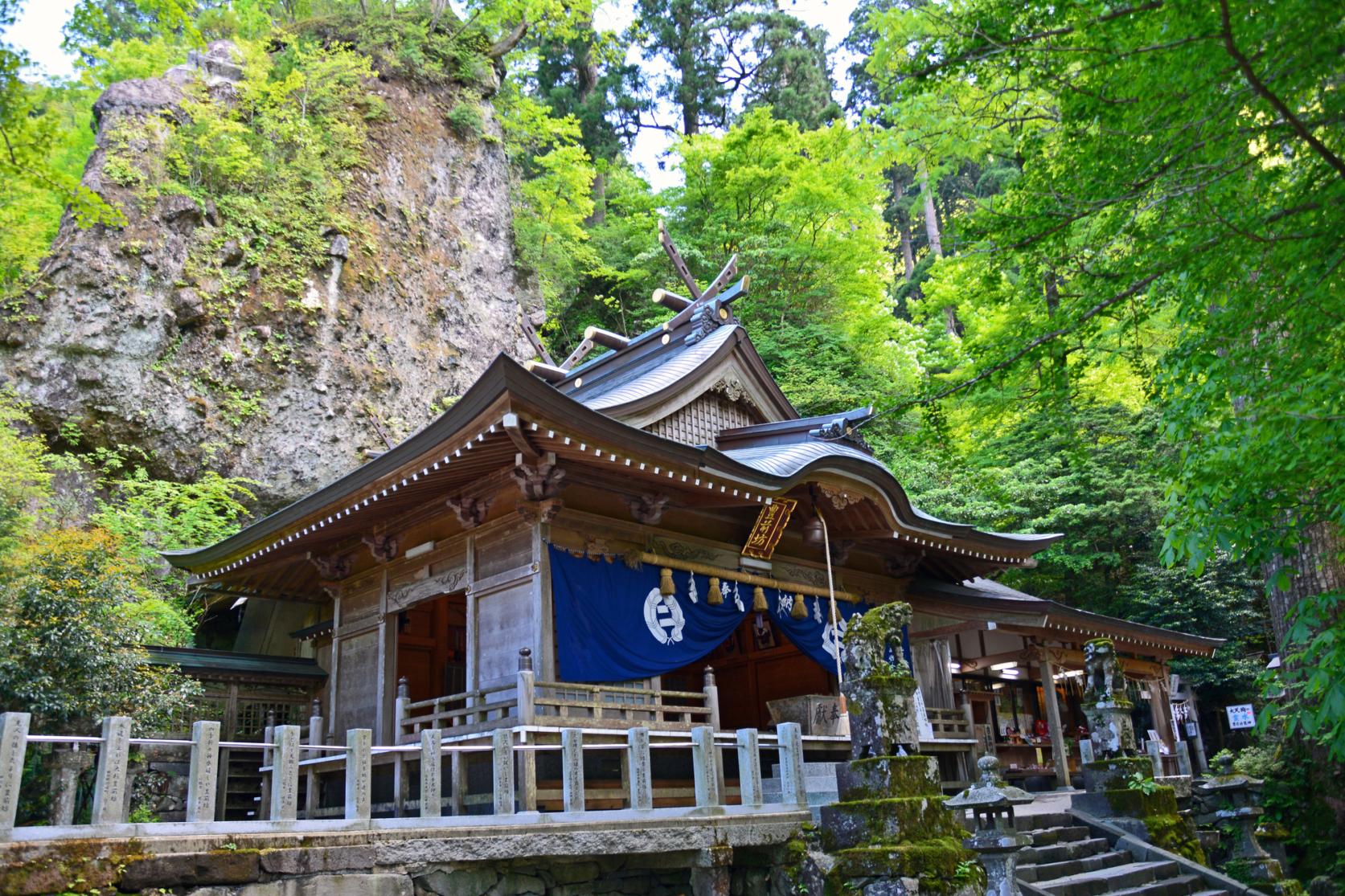
Takasumi Shrine
View moreTakasumi Shrine in Buzenbo is believed to be the place where the legend of the Mt. Hiko tengu goblin began. The main pavilion is spectacularly built into an enormous rockface. As the god of this shrine protects the safety of cows and horses, a "sacred cow" is enshrined on the grounds.
-
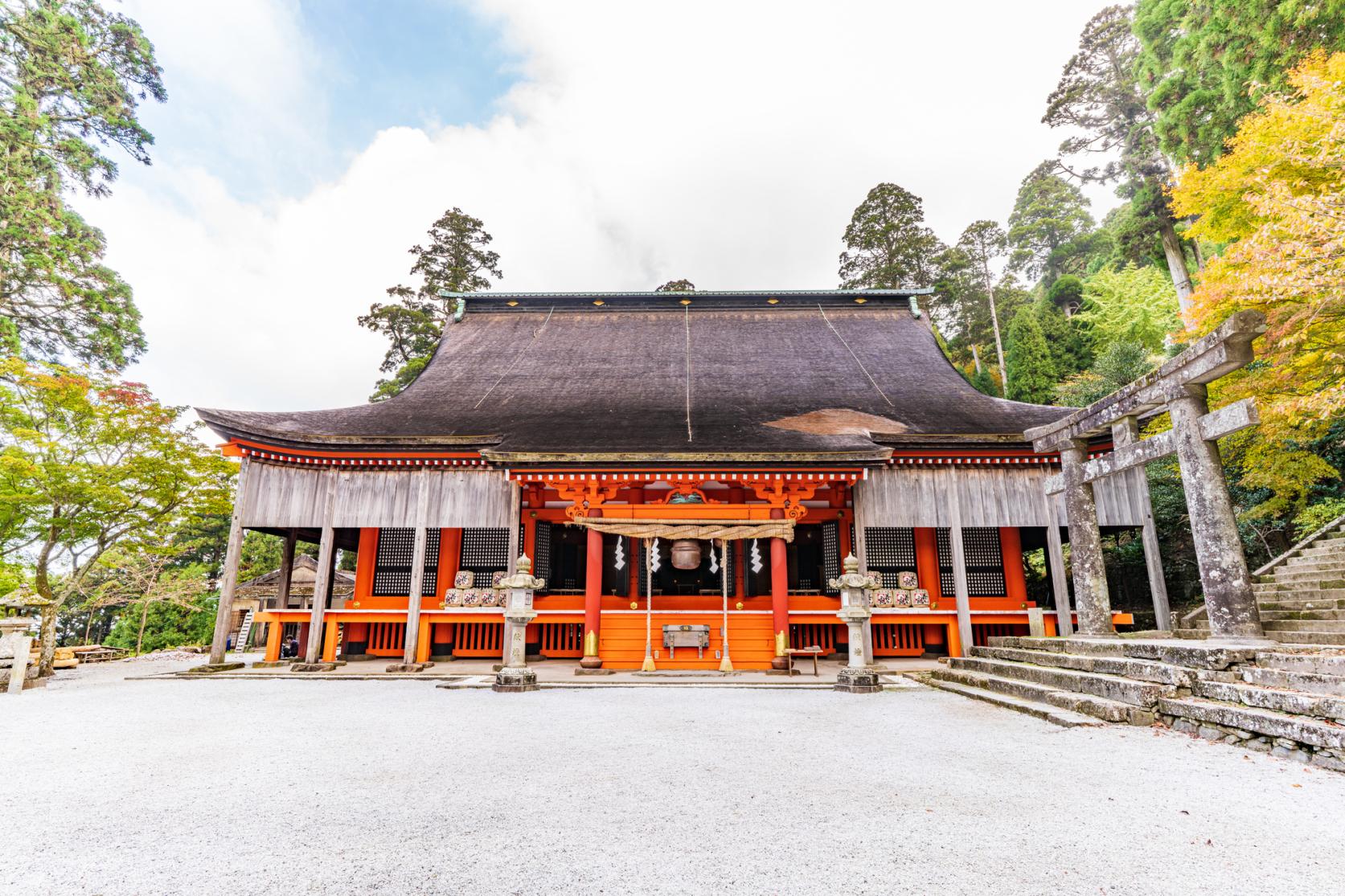
Worship Sanctuary at Hikosan Jingu Shrine
View moreSince ancient times, Mt. Hiko has been regarded as a sacred mountain of gods and asceticism. Hikosan Jingu, a shrine on the mountain, is designated as an important cultural property by the Japanese government and worshippers pray to gods of grain fertility and safety, and a god of fortune that overcomes everything. Many people visit to pray before a high-stakes event.
-
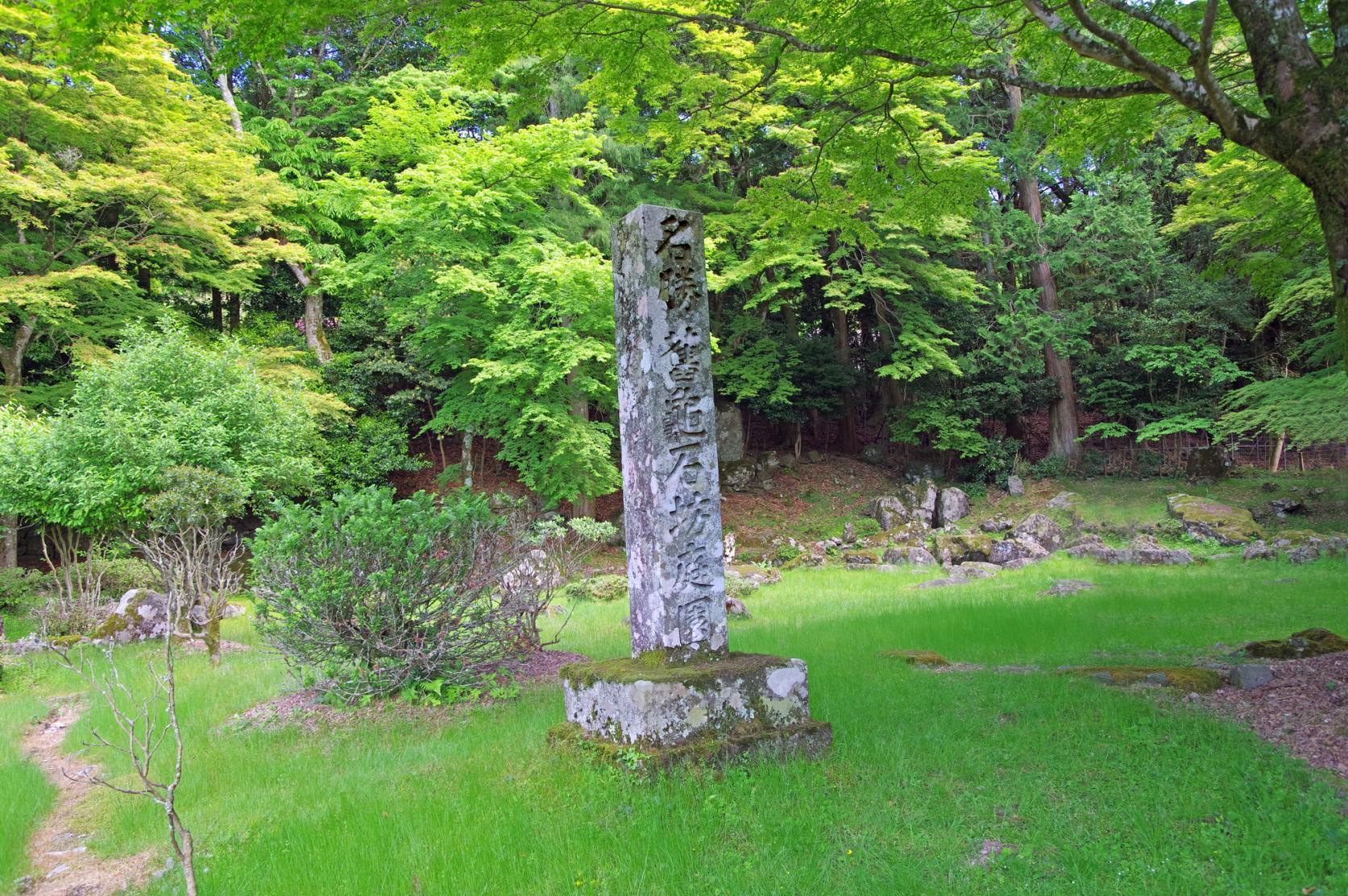
Kyu-Kameishi-bo Garden
View more (Japanese website)Located on the path to Hikosan Jingu Shrine, this garden is said to have been created by Sesshu, who was a monk with a talent for painting, and was designated a national scenic place in 1928. In light of the fact that the original construction remains, it is said to be one of the best examples of a Muromachi period (1336-1573) garden.
TRAIL MAP
Google Maps may not display correctly if left open for more than 1 day


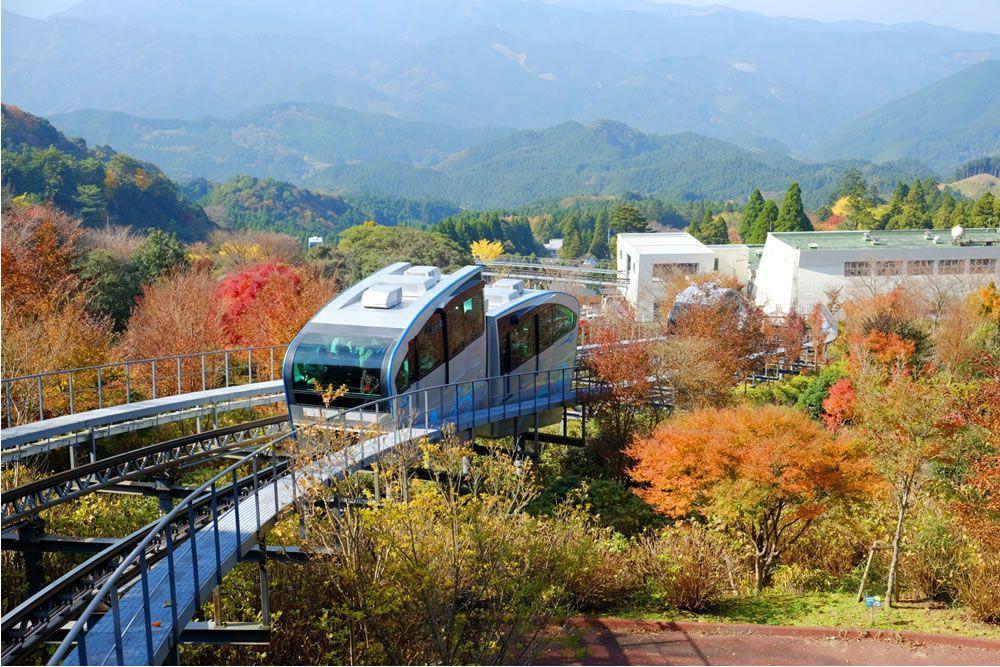
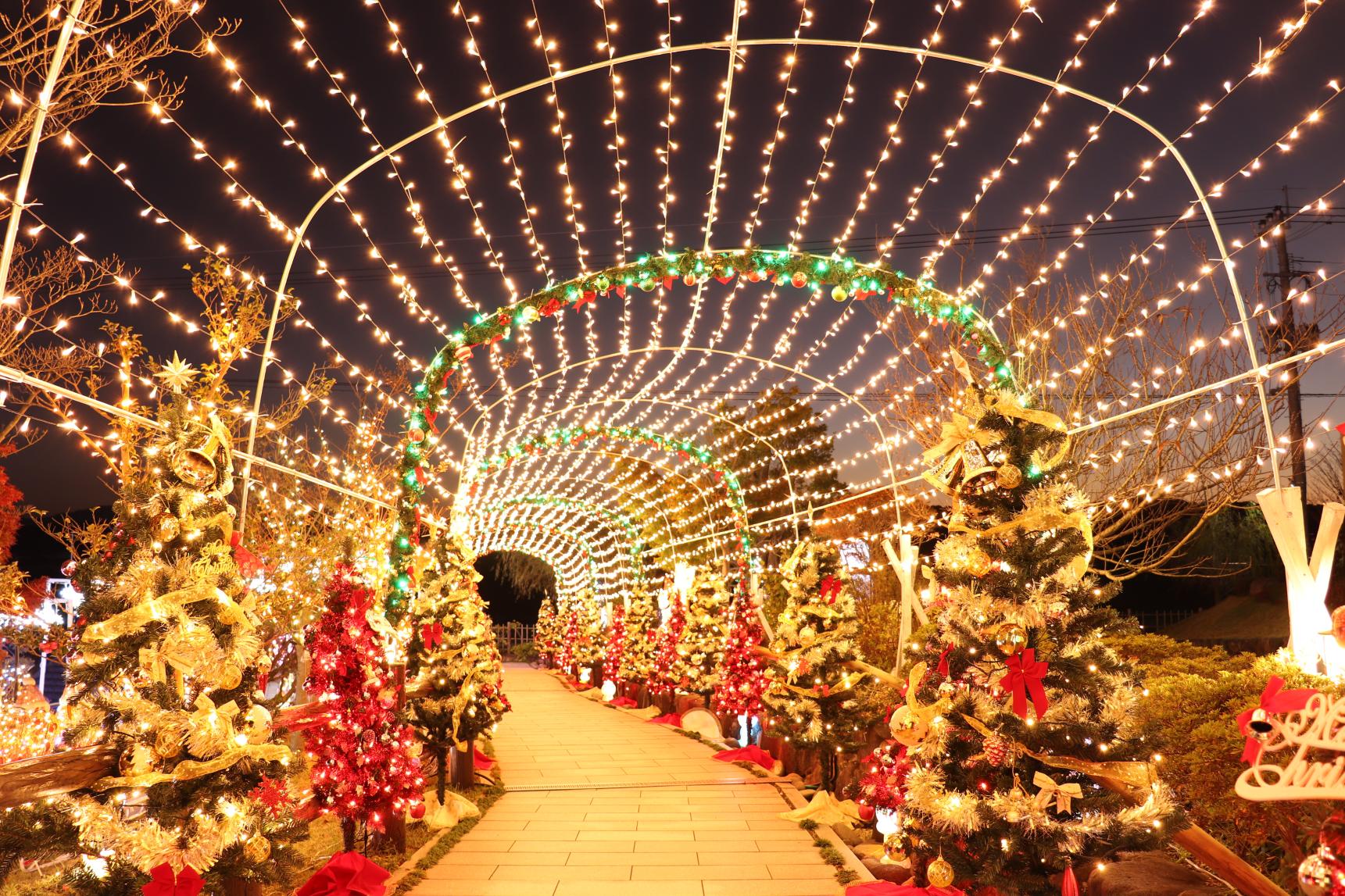

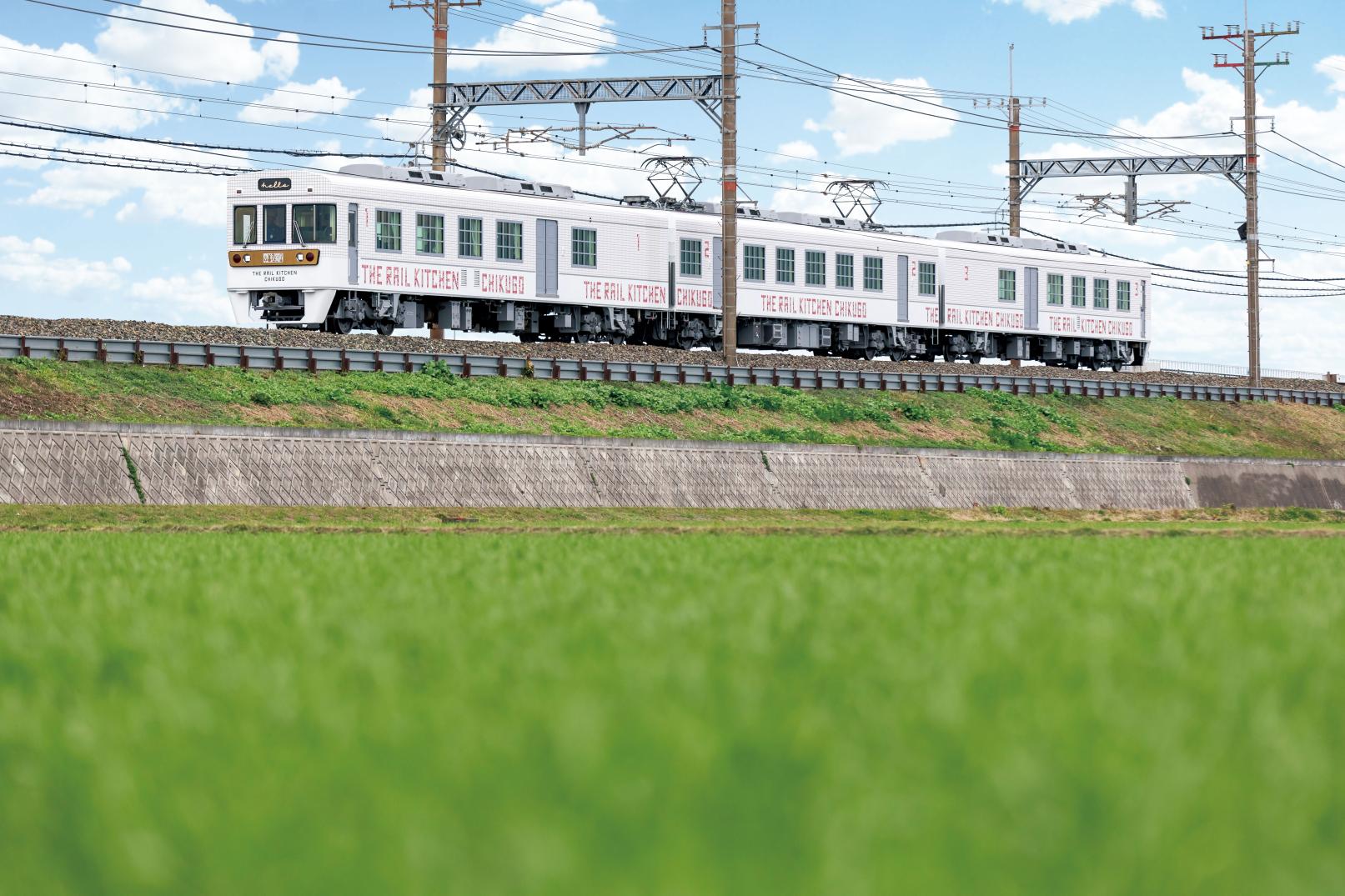

![[2024 Edition] Your Guide to Fukuoka Prefecture's Best Fall Foliage Destinations-1](https://www.crossroadfukuoka.jp/storage/special_features/279/responsive_images/49m7voPHQ1J9tJsmiguwSxPT6qZON51ATRvm5NJK__1673_1115.jpg)
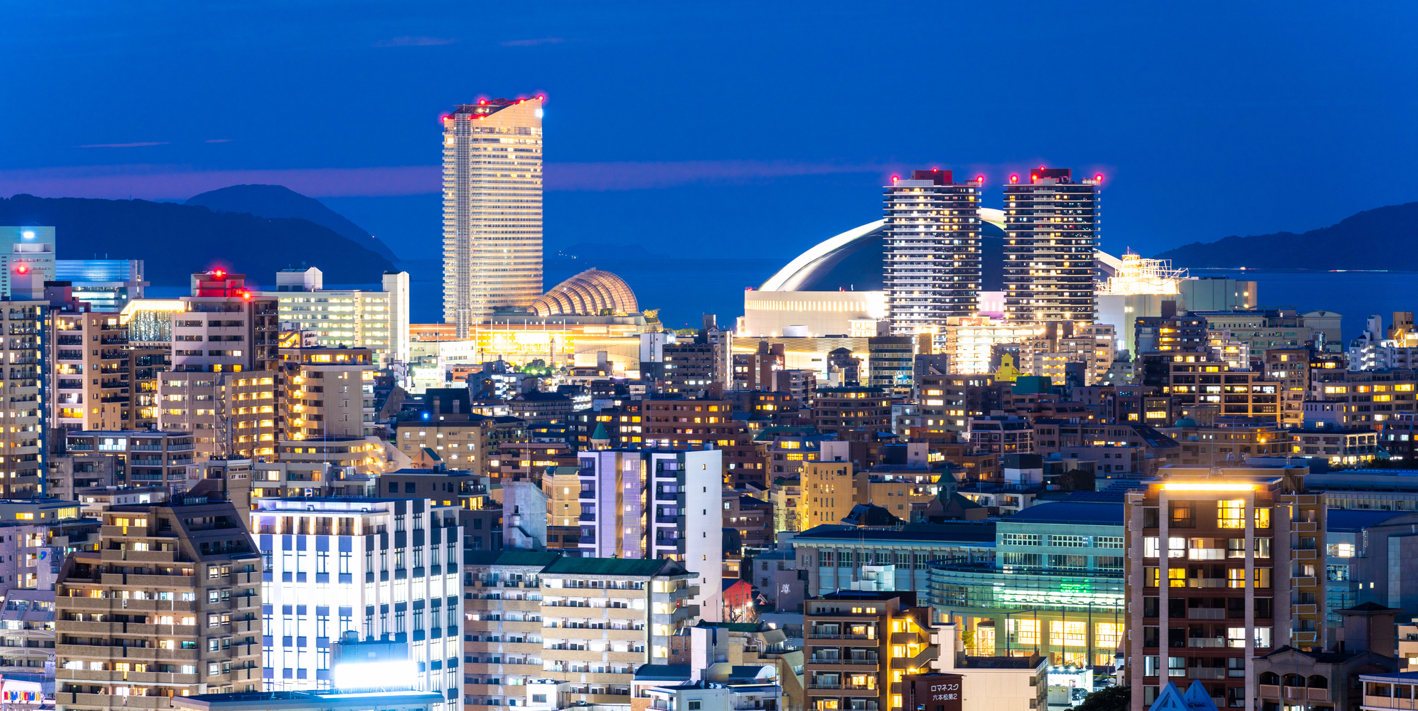
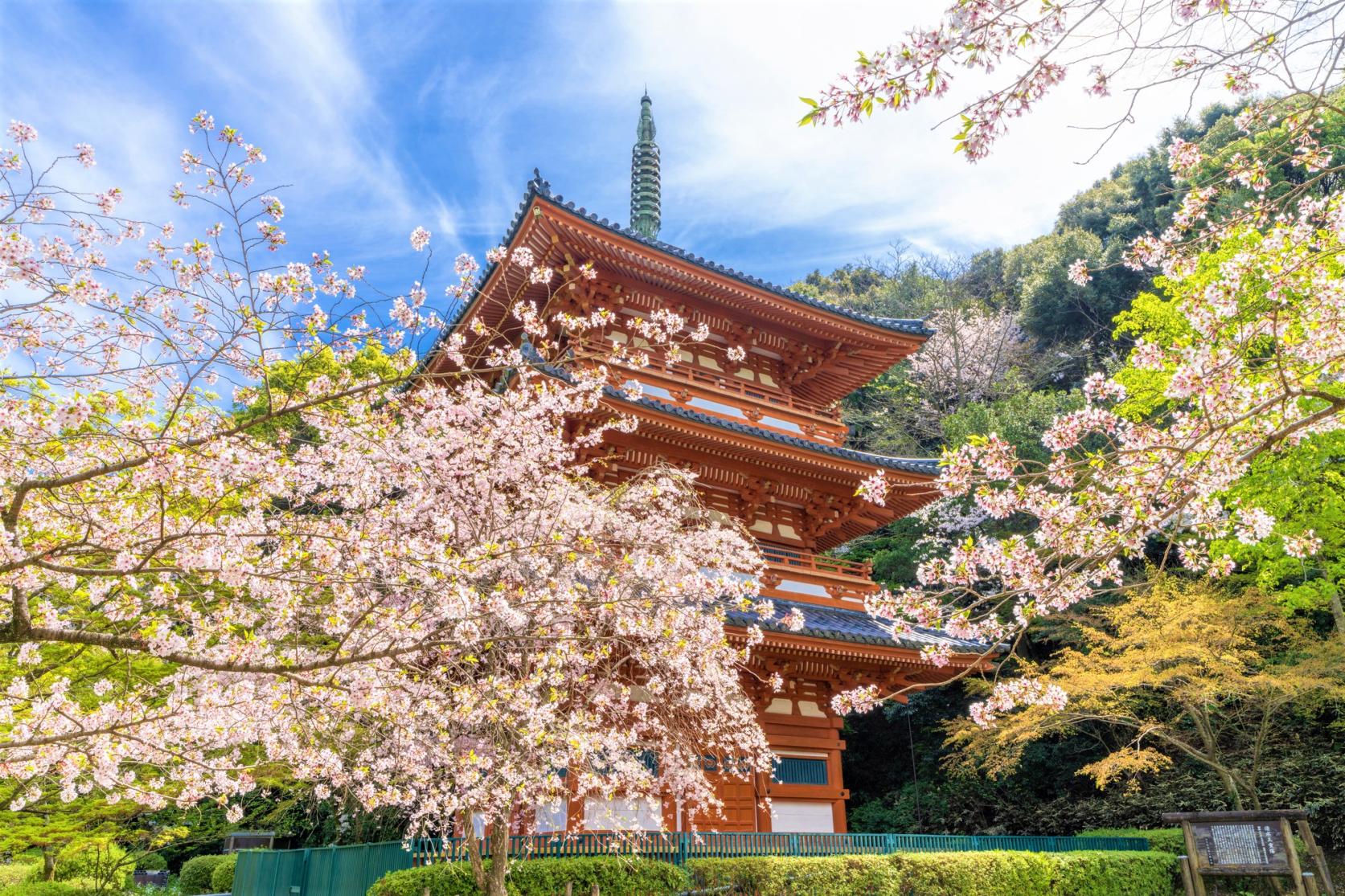
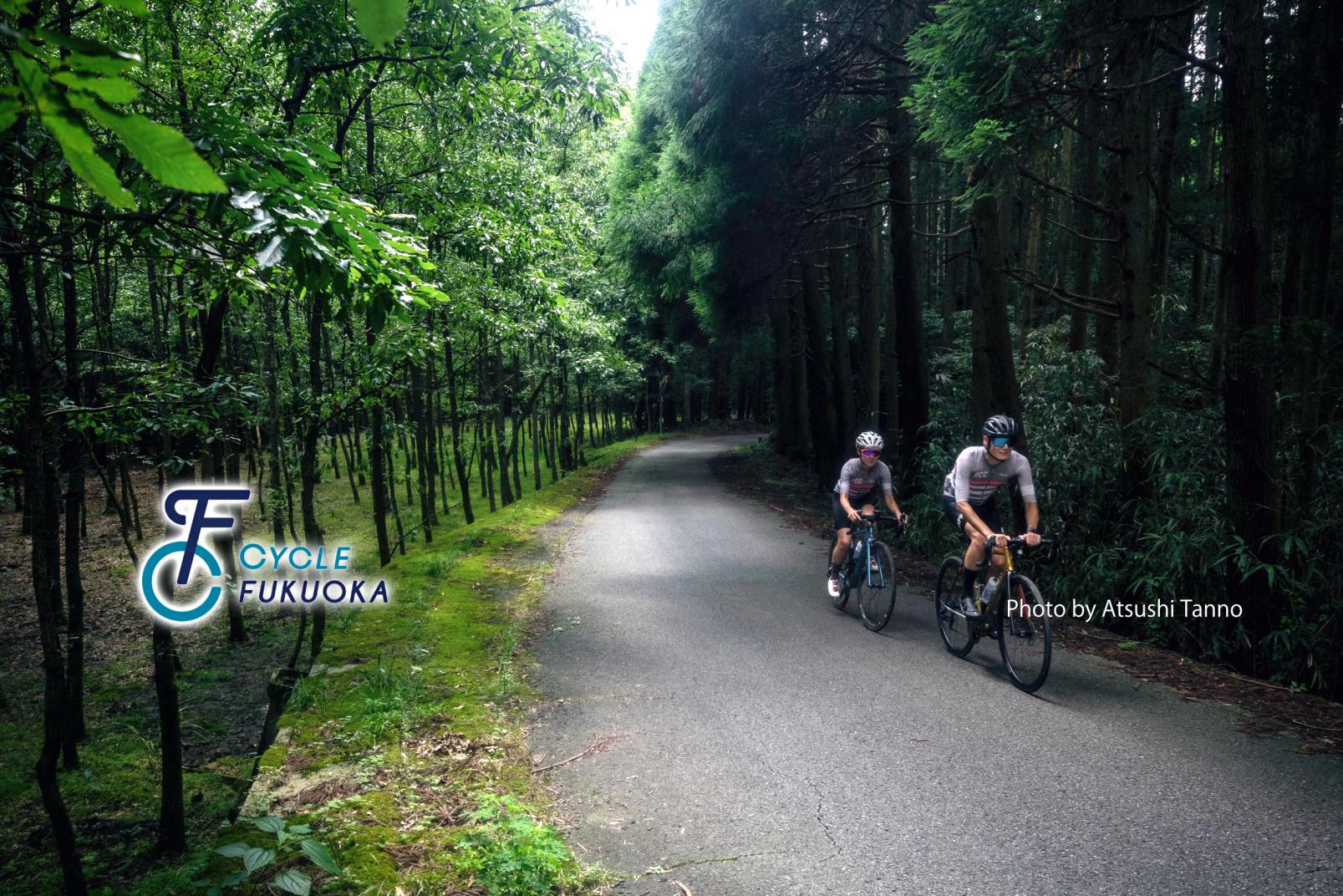
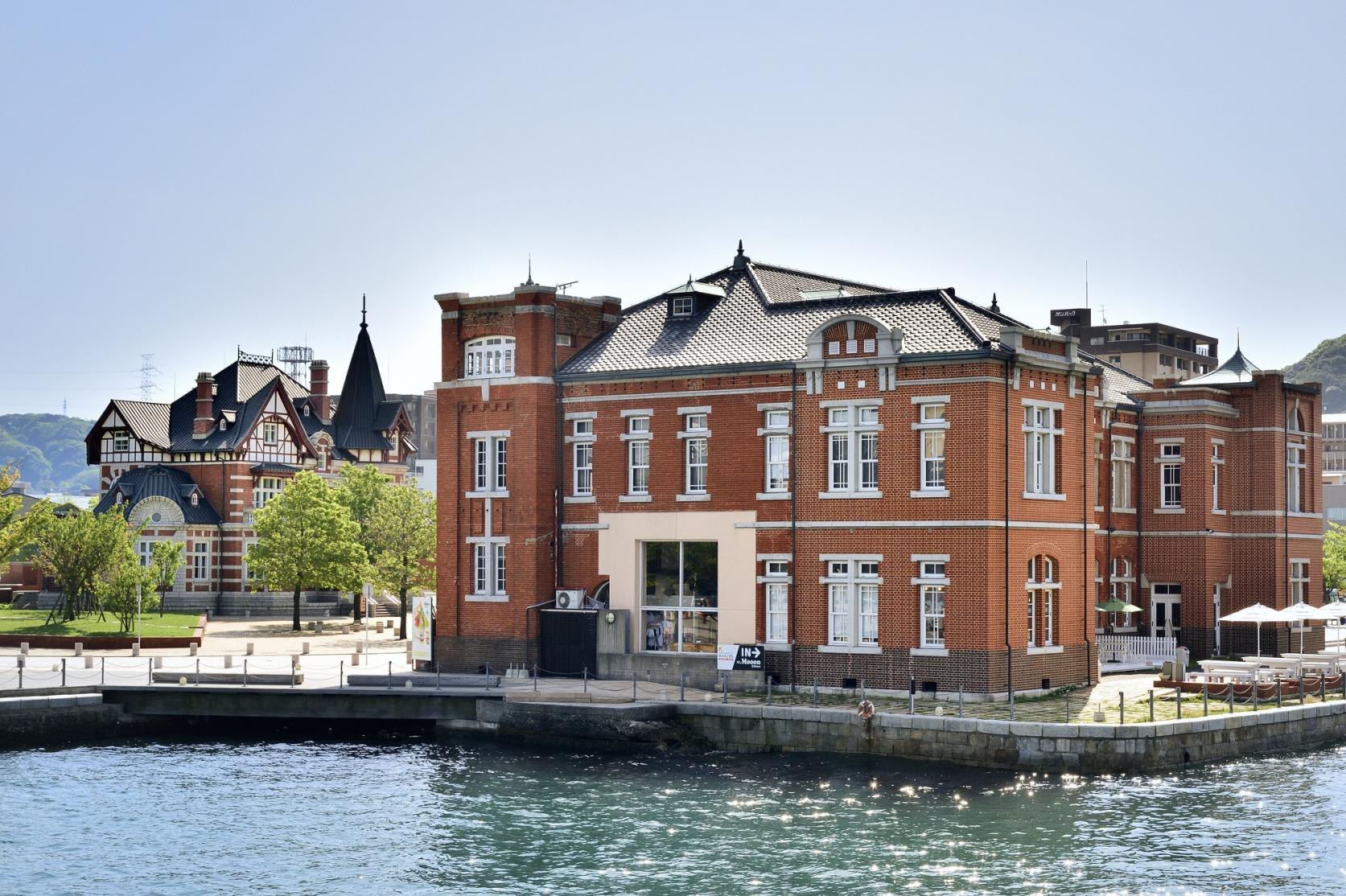
![[2024 Edition] Enjoy the New Year in Fukuoka! Special Feature on First Sunrise and Hatsumode-1](https://www.crossroadfukuoka.jp/storage/special_features/303/responsive_images/WMWmetE3zassCD8JlncouwivzCqCrrAAwwhp5OGF__1669_866.jpg)
